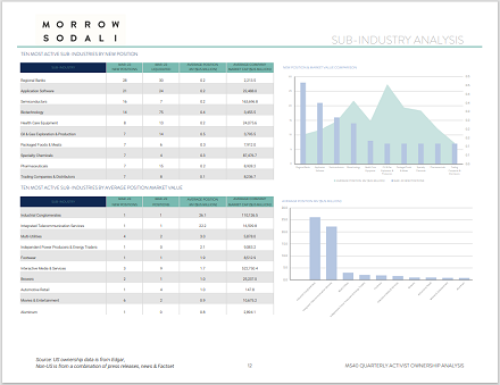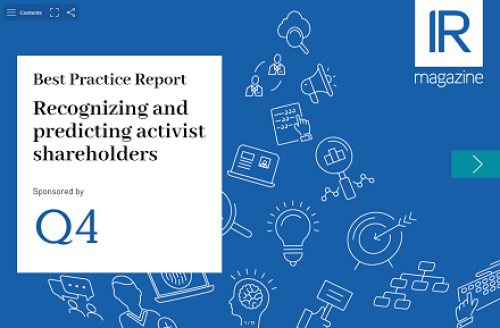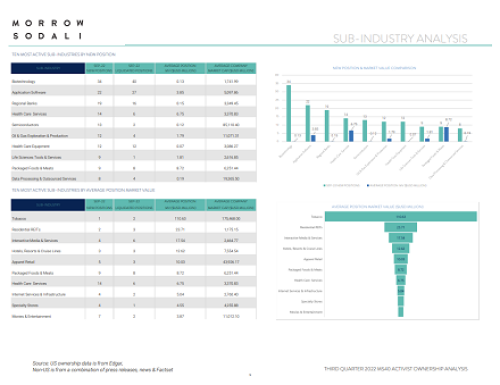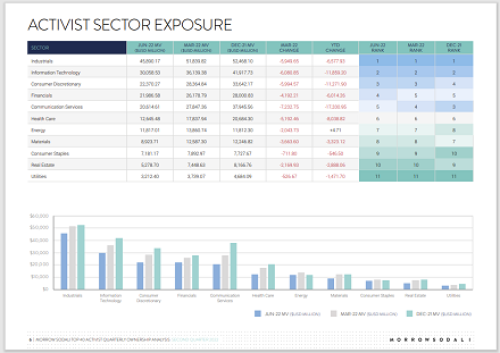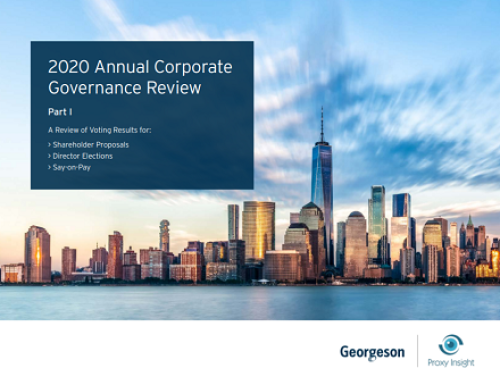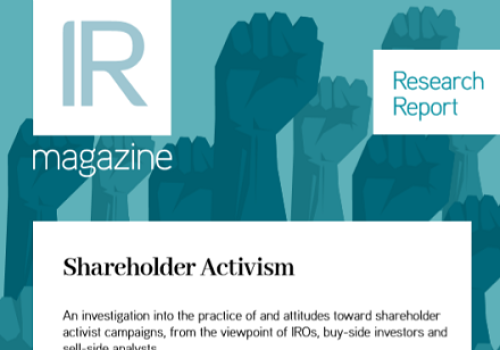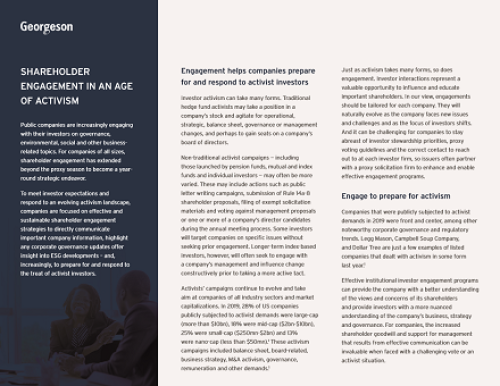With a ‘quiet resurgence’ in shareholder activism campaigns under way in both the UK and continental Europe, new research shows that UK companies are more likely to reach a settlement than their European counterparts.
In the UK, research from Insightia shows there has been a 10 percent year-on-year increase in campaigns overall, though this jumps to a massive 400 percent increase among campaigns aimed at UK consumer-defensive companies.

Writing in the foreword to the Shareholder activism in Europe 2022 report, Joshua Black, editor-in-chief at Insightia, talks of the ‘enduring appeal of UK companies to activist investors, with its friendly regulators and plentiful opportunities, and passive short trends across the continent.’
The likelihood of reaching an agreement might further add to the UK’s appeal as researchers find UK companies are more likely to reach a settlement with activists than firms on the continent. More than half of UK engagements seeking a board seat ended with a settlement in 2021. This compares with around a quarter of continental European campaigns, though Insightia notes this ‘was an improvement over previous years’.
ESG is changing activism
A key theme of the 2022 report is the impact ESG issues are having on the European activism climate.
‘In the past year, ESG activism has become significantly noisier and more prominent in Europe, thanks to domestic players like Bluebell Capital Partners and the new Clearway Capital,’ notes Black, though he adds that the strategy is perhaps not yet as well developed as in the US.
Describing Europe as ‘the home of board diversity quotas, sustainability directives and flourishing green funds’, Insightia says the continent ‘is finally starting to develop something closer to the ESG activism of the US’, where Black notes that ‘activists are convinced that making companies more sustainable can make them more valuable.’
He also points to other differences that could impact the activist approach in the US and at European companies. One such difference is the increasingly ‘stringent’ divestment policies of mega-funds like Norges Bank Investment Management, which runs the world’s largest sovereign wealth fund. In the US, index funds that do not divest play a larger role.
Although Insightia’s data suggests ‘the heyday for social or governance-related public demands was in 2017’, it says environmental issues have peaked more recently, noting that ‘hedge fund managers have begun making the link between ESG and valuation explicit.’
The Covid-19 pandemic and Russia’s invasion of Ukraine have also served to turn the spotlight back on a number of key ESG issues such as human capital management and wider social concerns.
In an interview for the report, Gianluca Ferrari, founder of Clearway Capital – Europe’s first dedicated ESG activist fund – says he views his firm’s successful call for TotalEnergies to stop buying Russian oil as a social issue as it is based on preventing the company from supporting a violent and authoritarian regime, as well as preventing permanent value impairment.
Black says the different approaches seen in Europe ‘may lead to innovation that is recycled back into the US arsenal’, citing Bluebell’s ESG-focused campaign against Belgian chemical company Solvay, while holding a token share of a target.
‘Earlier this year, Carl Icahn adopted a similar strategy with animal welfare-themed proxy fights at US companies McDonald’s and Kroger with just 200 shares,’ writes Black, though Icahn ultimately withdrew his fight against Kroger and lost the campaign against McDonald’s.


